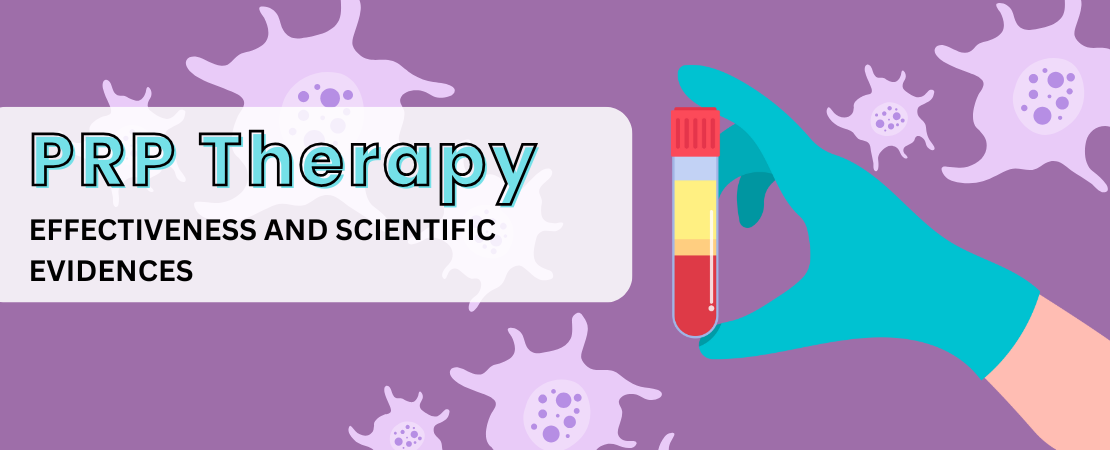Although IVF and surrogacy are two of the most popular treatments suggested to those who struggle to conceive naturally, the two concepts are commonly misunderstood. In-vitro fertilisation, or IVF, is a procedure that causes fertilisation to occur within a glass tube or a dish. A couple that is unable to conceive a child might hire a surrogate mother to carry their child through the surrogacy process. This procedure is often used when a woman is unable to bear the baby within her own womb and must thus have the foetus develop in another woman’s womb.
The biological mother carries the child during IVF. In a surrogacy, the baby’s carrier has no genetic connection for the child. Modern fertility treatments include IVF. Surrogacy, on the other hand, is the common method for infertile couples. Both procedures allow for the use of either a donor’s sperm or eggs or the eggs and eggs of the intended parents.


